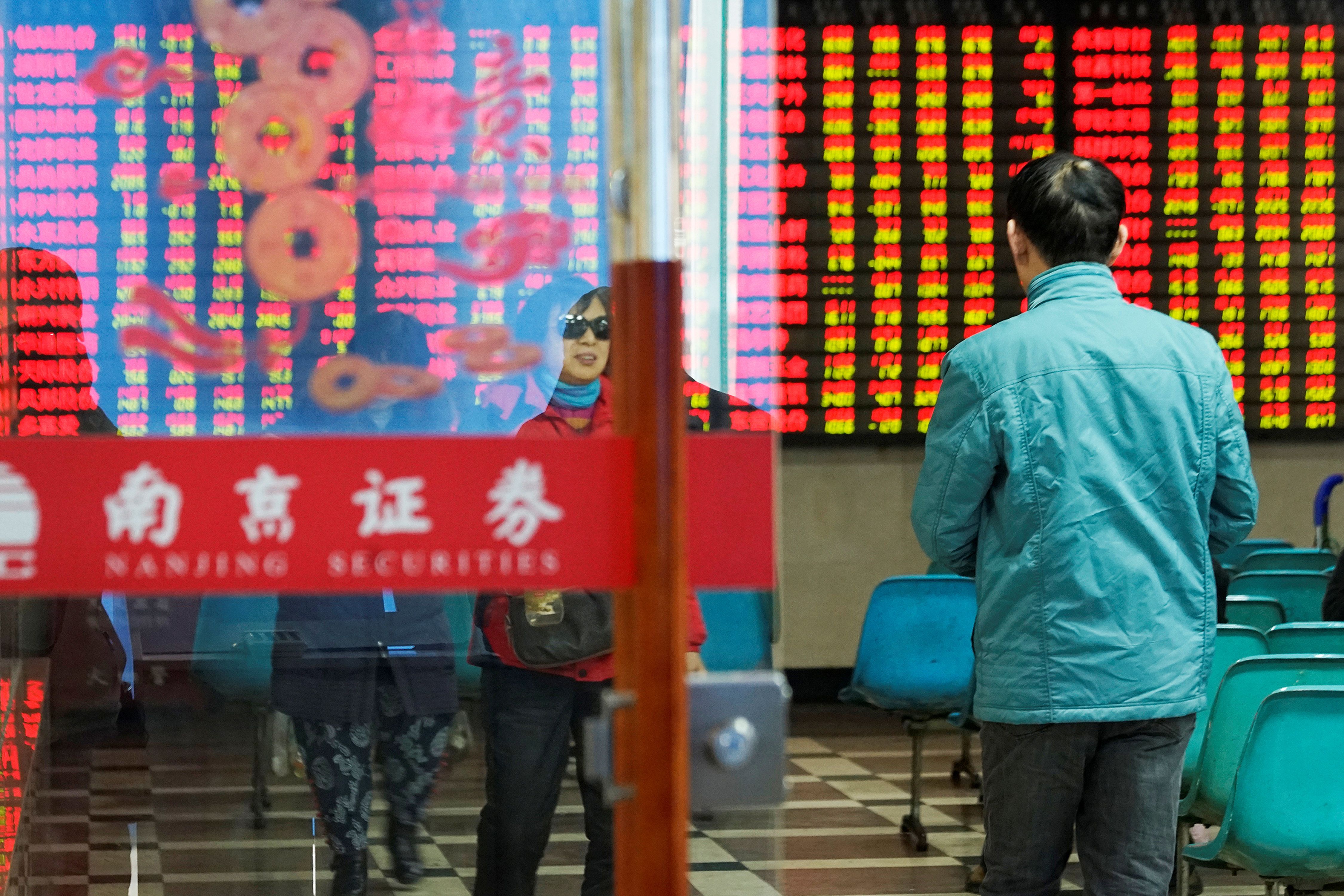January 29, 2019
Nearly a year ago, we warned of what might happen if a crisis of confidence strikes China's economy. Recent economic numbers return this worry to the spotlight.
In 2018, China's economy grew at its slowest pace in nearly 30 years. In response, the country's central bank moved earlier this month to boost bank lending and then pumped a record $84 billion into the banking system.
Then we got a warning that excessive lending itself has become a problem with news that bad debt has reached its highest level in a generation. The International Monetary Fund warned recently that the biggest current threats to global economic growth are a "no-deal Brexit" and a sharp slowdown of China's economy. At the World Economic Forum in Davos last week, Kenneth Rogoff, a widely respected expert on debt crises, warned that China may be forced to rescue large parts of its financial and economic system.
China's economy has been cooling for several years, and there's no sign yet the country's leaders have lost confidence in their ability to manage. The government's latest moves signal concern, but not panic, about the current strength of the economy and its ability to weather the storm created by the trade war with Washington. A speech by President Xi Jinping last week at a special meeting of central and provincial-level leaders focused on other risks to China's future.
But China's leaders can't control how markets see their country and its economy. Particularly since, as I wrote last February, all of China's big political and economic decisions are made behind closed doors by seven men — the Politburo Standing Committee of China's Communist Party.
The day is coming when doubts about China's economic resilience will abruptly begin to grow, and it won't be easy for state officials, even if they're telling the absolute truth about what they believe, to calm markets. Today, there is confidence in the stats that China's government produces mainly because growth is believed to be relatively strong. That makes it easy for investors to ignore stories about Chinese provincial governments admitting they've faked their GDP data.
But here's the key question: During a Chinese market meltdown, when the government tries to ease fears with a release of reassuring numbers, will investors believe them?
More For You
- YouTube
Is China’s economic model reaching a breaking point? In GZERO’s 2026 Top Risks livestream, Cliff Kupchan, Chairman of Global Macro at Eurasia Group, highlights mounting pressures on the Chinese economy.
Most Popular
2026 is a tipping point year. The biggest source of global instability won’t be China, Russia, Iran, or the ~60 conflicts burning across the planet – the most since World War II. It will be the United States.
While surgeons remain fully in control, technological advances are expanding the use of surgical robots in operating rooms. As adoption accelerates, so do the expectations for patient outcomes and surgical care. Track medical innovation trends with Bank of America Institute.
- YouTube
Europe enters 2026 under mounting strain as it confronts external threats, internal political pressures, and a weakening relationship with the United States. In GZERO’s 2026 Top Risks livestream, Mujtaba Rahman, Managing Director for Europe at Eurasia Group, describes a continent that is “exhausted, fatigued, weak, and vulnerable.”
© 2025 GZERO Media. All Rights Reserved | A Eurasia Group media company.
